news
Behind the scenes – Harvest 2024 South Africa
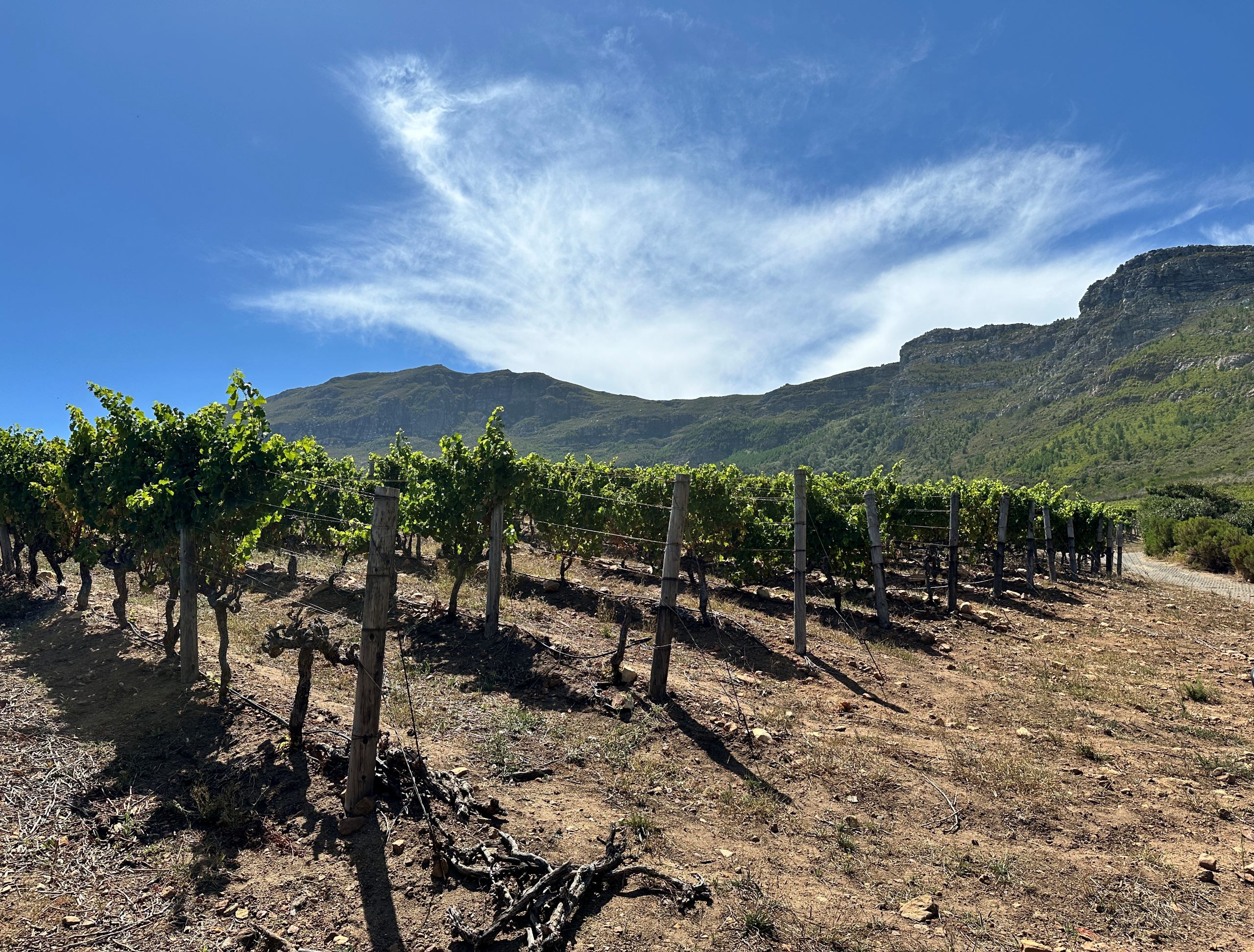
This year’s harvest of vintage 2024 will be remembered by many as a special one as we celebrated the anniversary of 365 years of winemaking in South Africa. I will also fondly remember it as the vintage that I joined some of our producers to experience the harvest behind the scenes.
Leading up to the harvest, the wine industry seemed optimistic after ideal winter conditions for the vines to recover from the 2023 harvest. The rainfall was above average, which was not a cause for concern, yet. Only once more, and more, rain came was the alarm raised. These wet conditions made it very difficult for the producers to get into their vineyards for treatment against diseases and the picking window also became the most crucial part of this harvest. Luckily, the weather took a turn bringing dry conditions, which finally gave the vines room for budding. Rather late than never! Then just as quickly, hot weather followed which assisted in ripening the grapes and caused an earlier start to harvest 2024. In fact, it was the earliest harvest on record for Pinotage at Kanonkop Wine Estate in Stellenbosch.
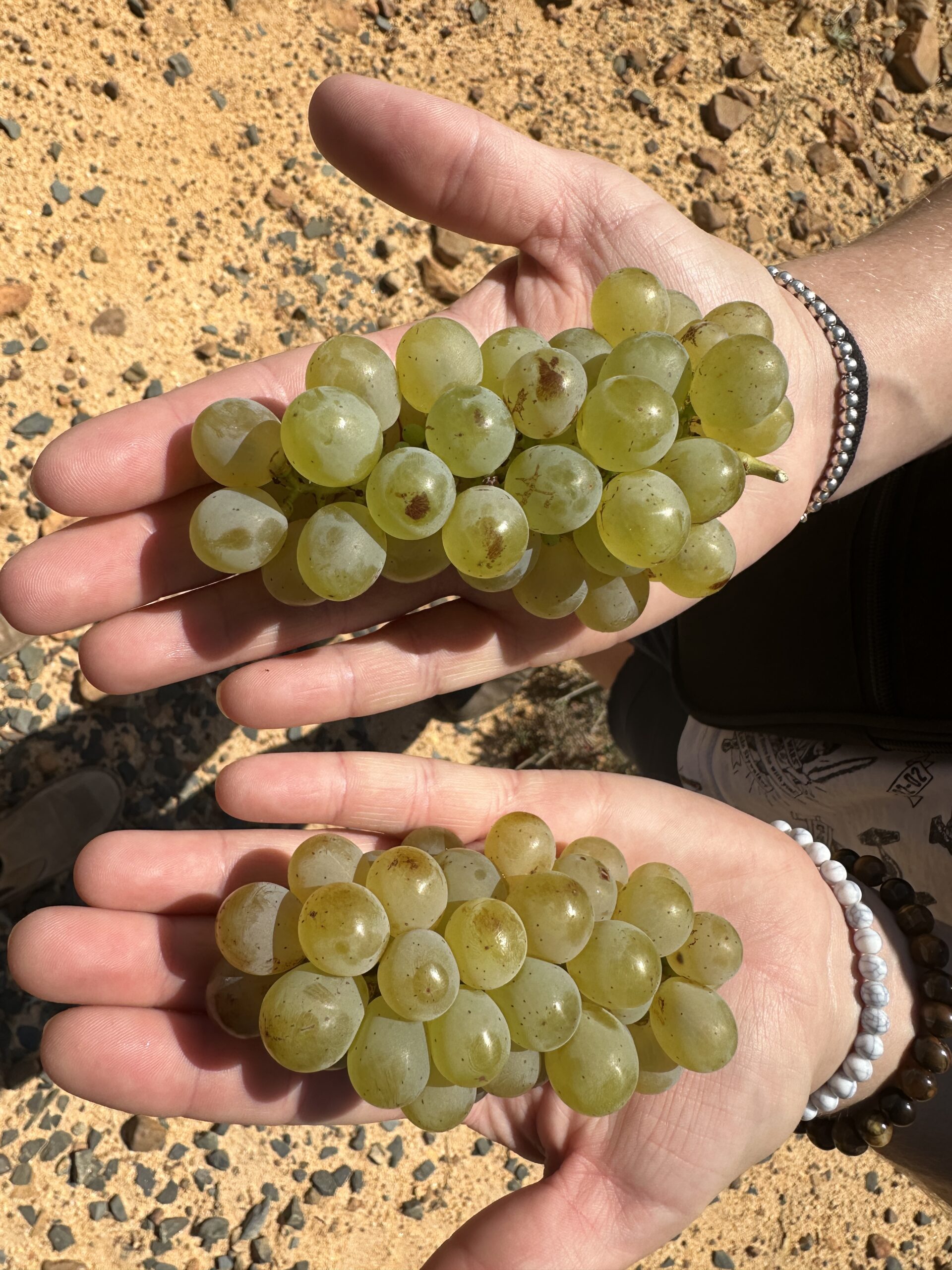
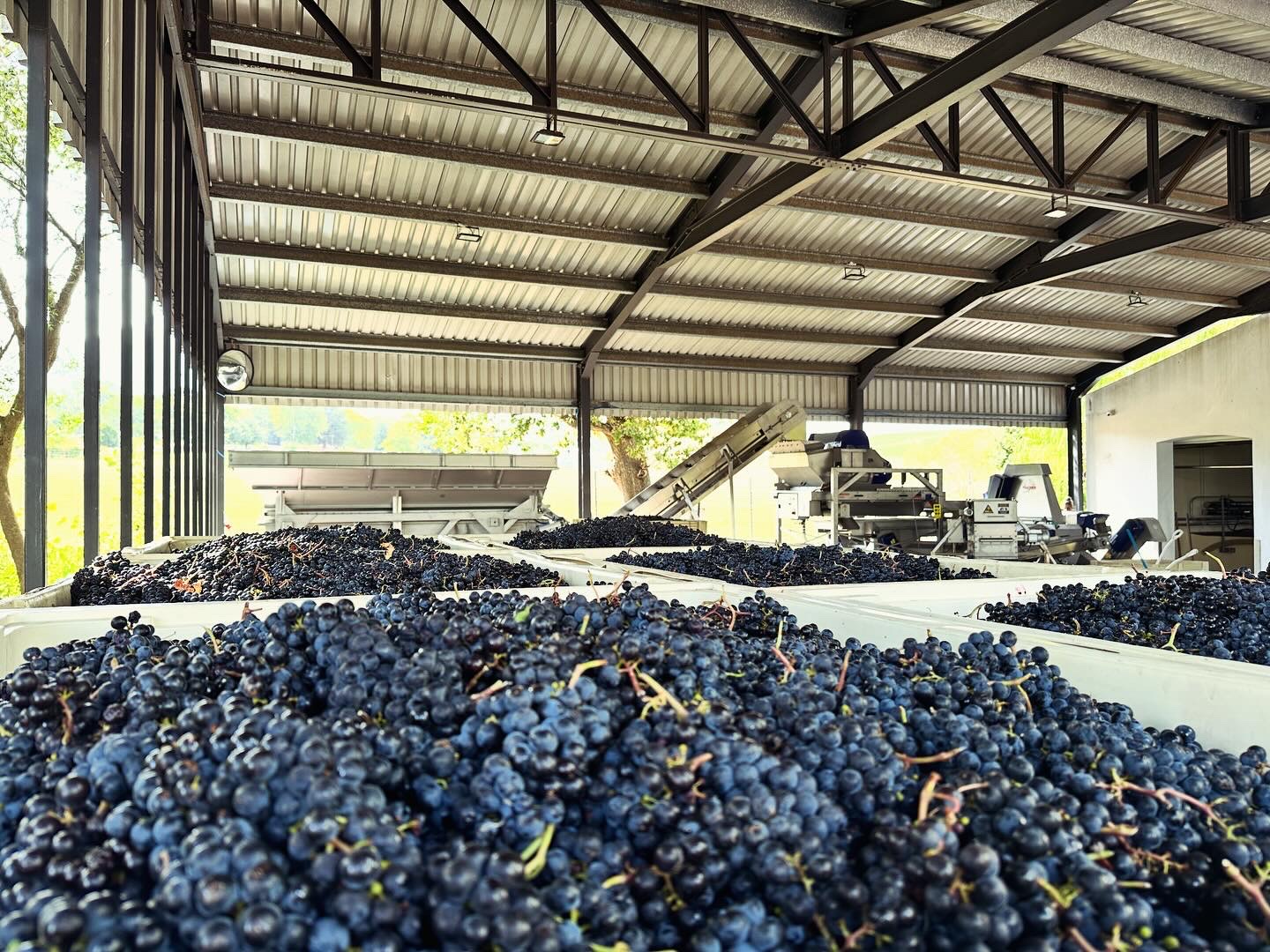
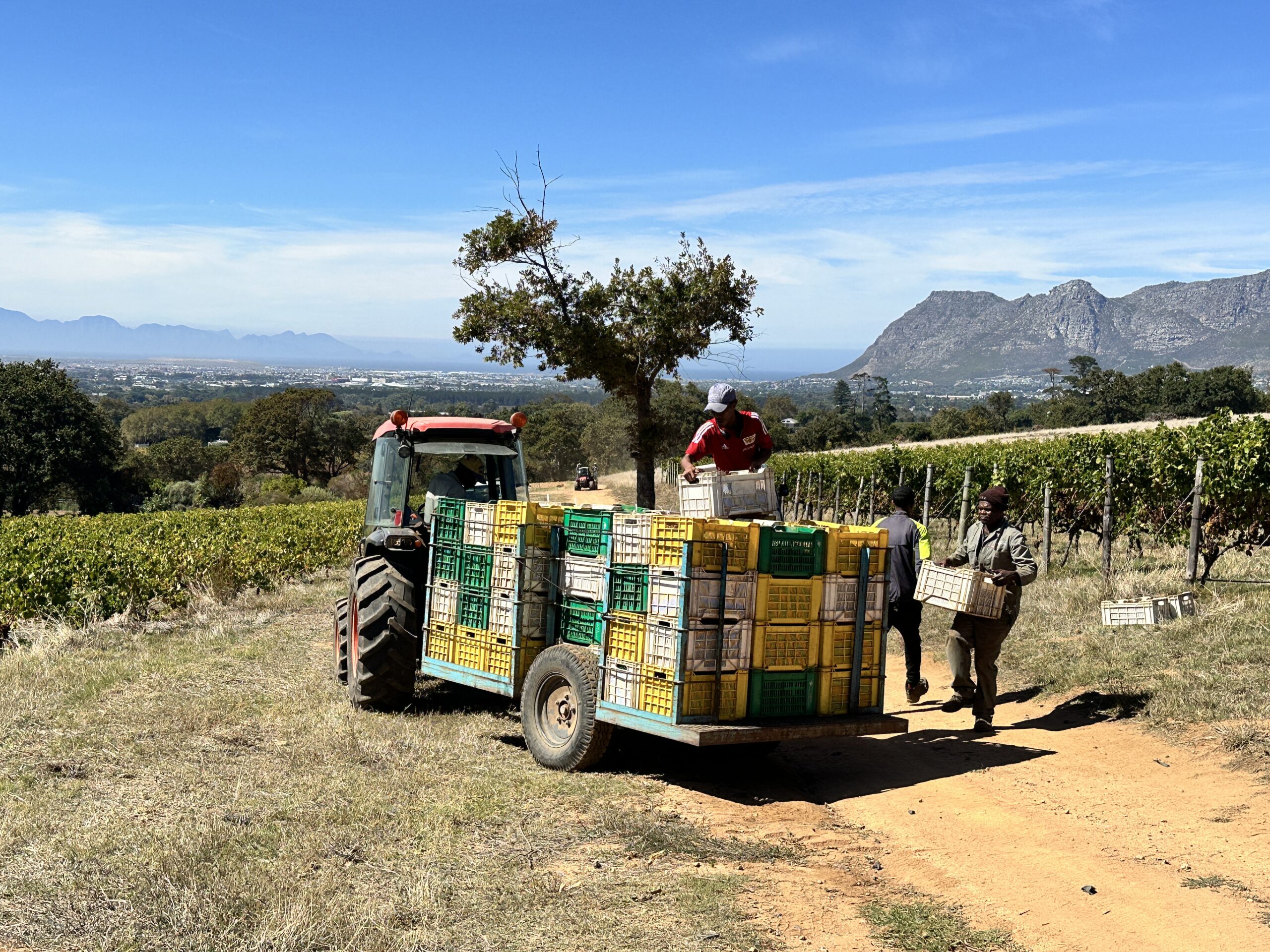
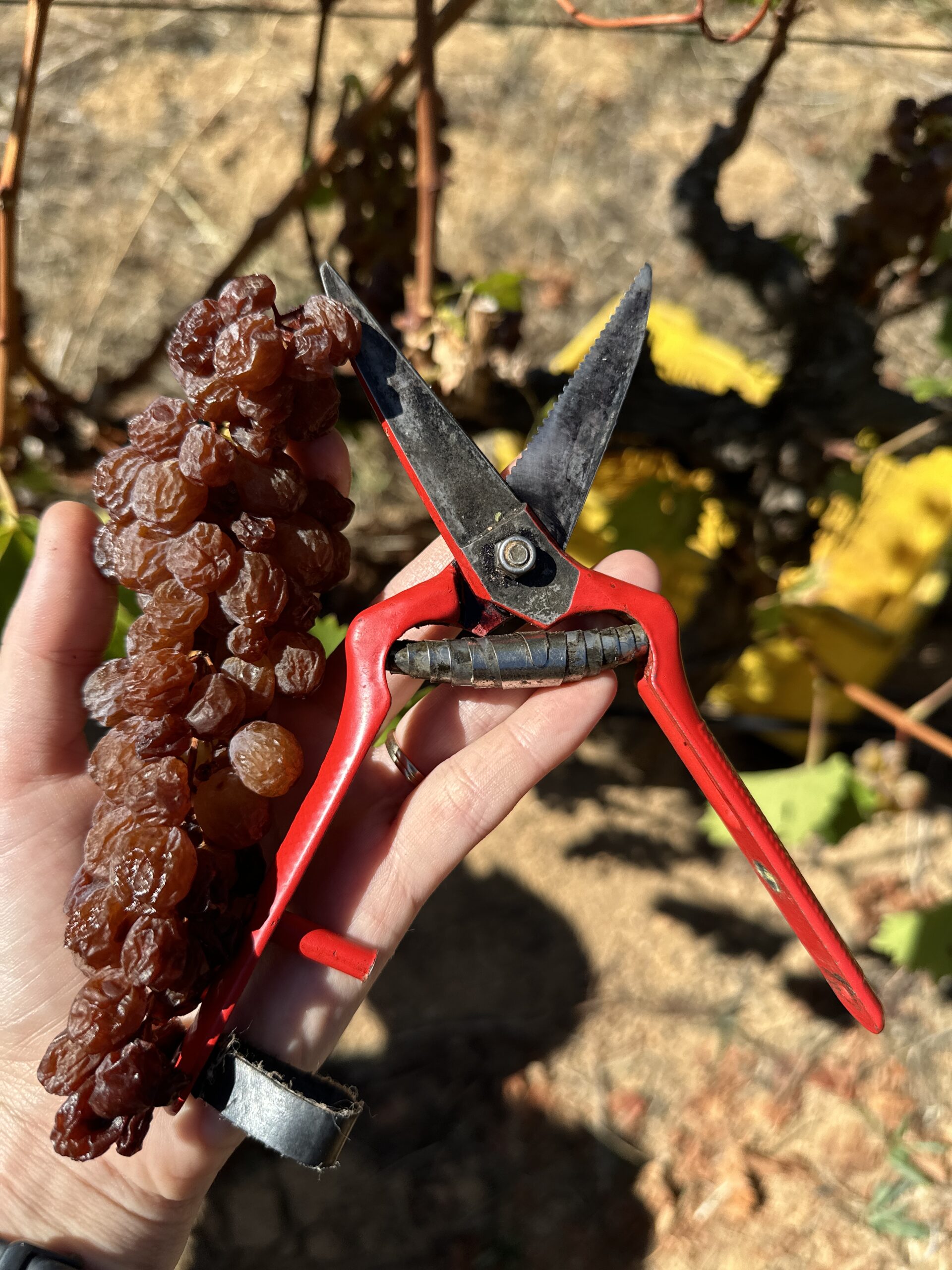
“No two harvests are the same.”
As I made my way to different cellars and vineyards throughout the harvest, I was reminded of just that – how different they all are! Not only from their sizes, their locations such as steep mountain slopes vs flat valleys or proximity to the Atlantic Ocean vs more in-land, but also the techniques being implemented in both the vineyards and the cellars and the different tools being utilised. From small crates to larger bins being used in the vineyards during picking, to hand-sorting in the vineyards or on the vibrating table vs an optical sorter. Then all the various vessels and their sizes, such as stainless steel tanks, cement tanks, foudrés and amphoras, just to mention a few. Not only does it require a decision to be made regarding which one of these vessels to utilise, but add to that using cultivated yeast or wild yeast, whole-bunch or destemmed, new oak or older oak, American barrels or French barrels, light toasted or medium toasted barrels…the list just goes on!
I found it all fascinating and what a great opportunity it was for me to get my hands dirty – which they were all the time! From the Muscat de Frontignan grapes that I was picking in the vineyards of Klein Constantia and sorting on the table as they became sticky from the sweet nectar. To using my hands for punch downs on the Cabernet Franc grapes at Raats Family Wines. At Cape Point Vineyards and Kanonkop I did some more punch downs, or let us say I tried, as my hands were willing but my arms were tired. Harvest is a whole different workout plan! It also involved some less physical tasks such as preparing the yeast and checking the balling and temperature of the juice and I enjoyed many walks through the vineyards sampling grapes, some for myself to taste and others for the lab to test. With my wine stained-hands I also had the opportunity to sit with all these hardworking and passionate teams, sharing food and wine and listening to their harvest stories.
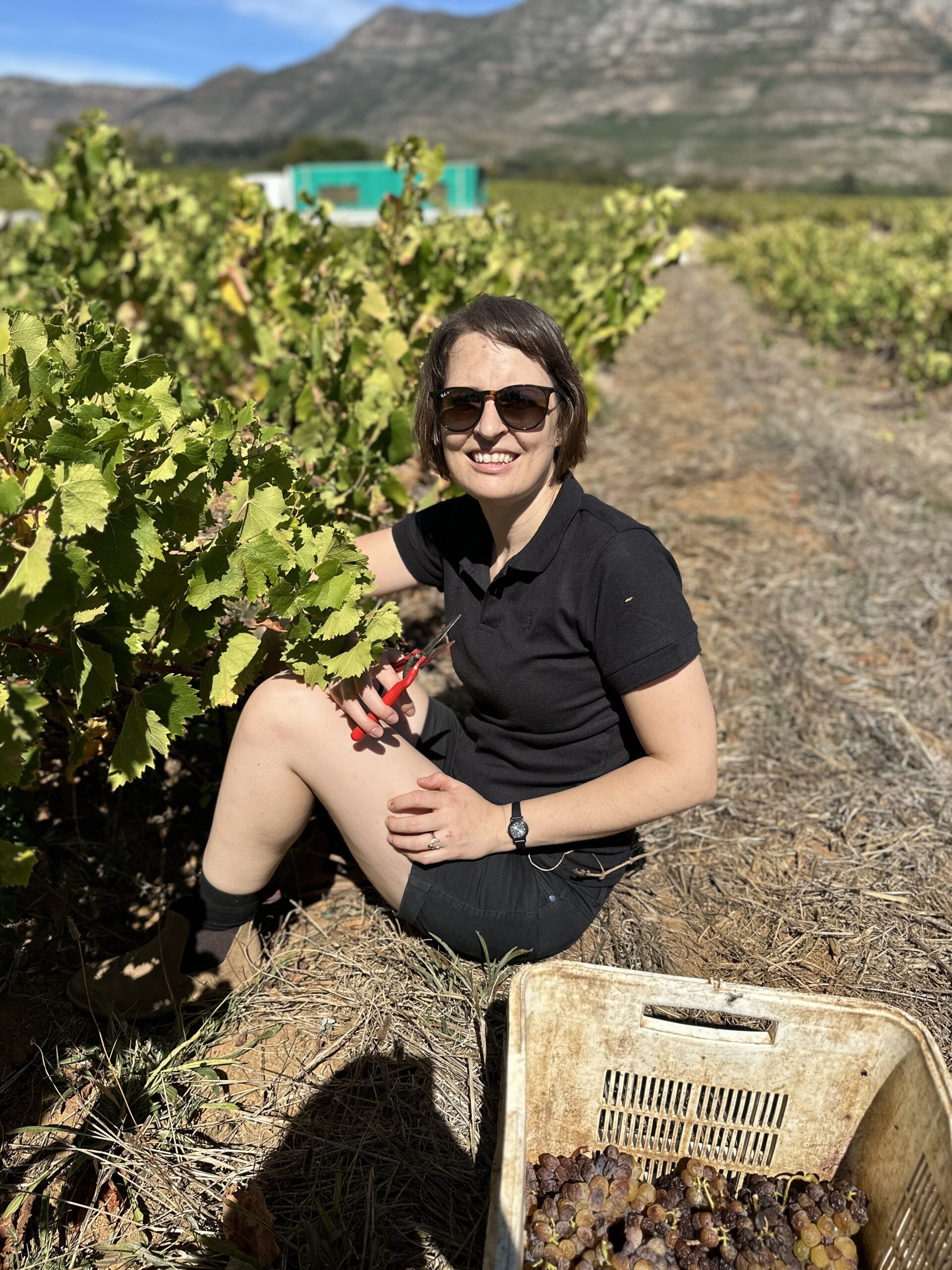
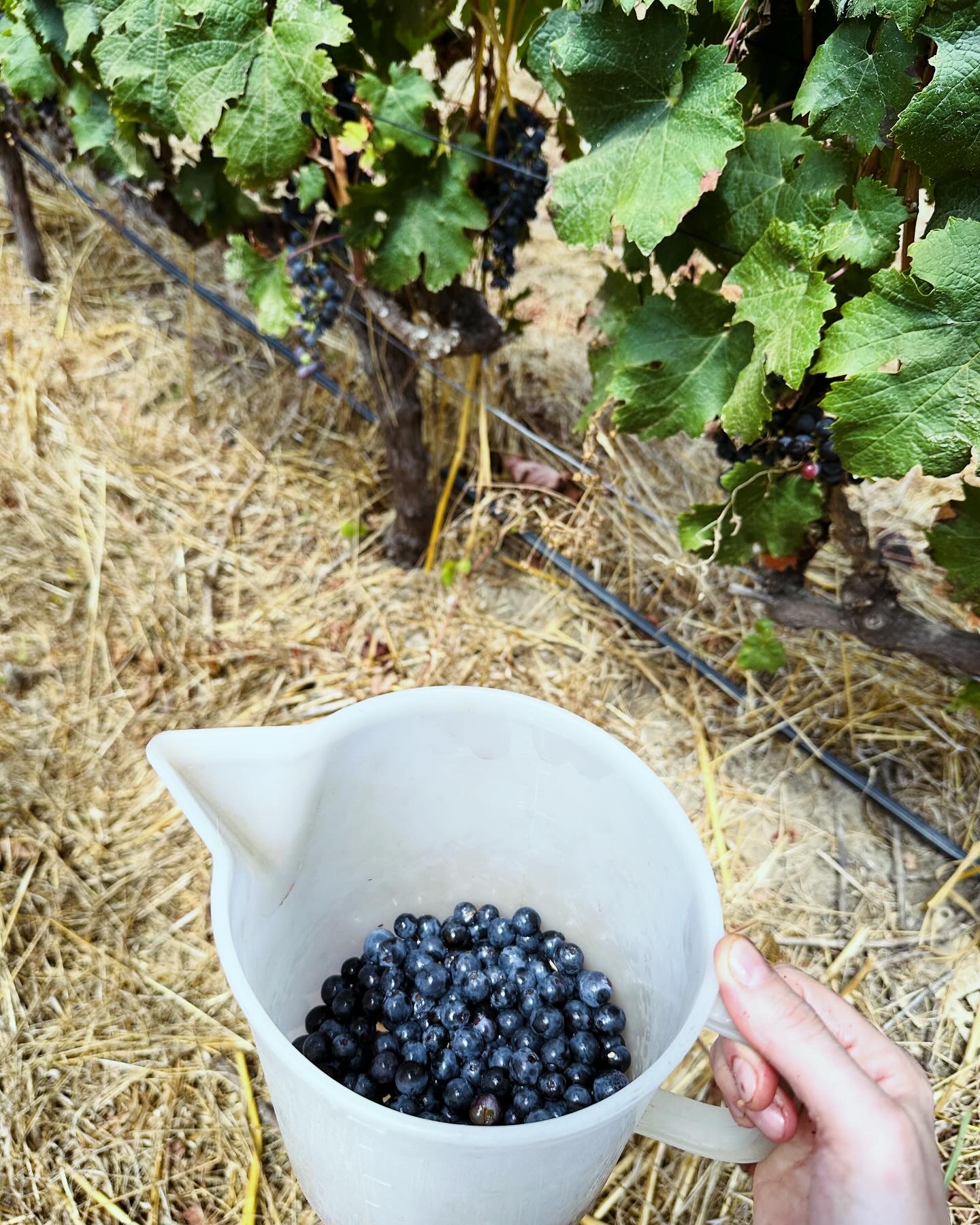
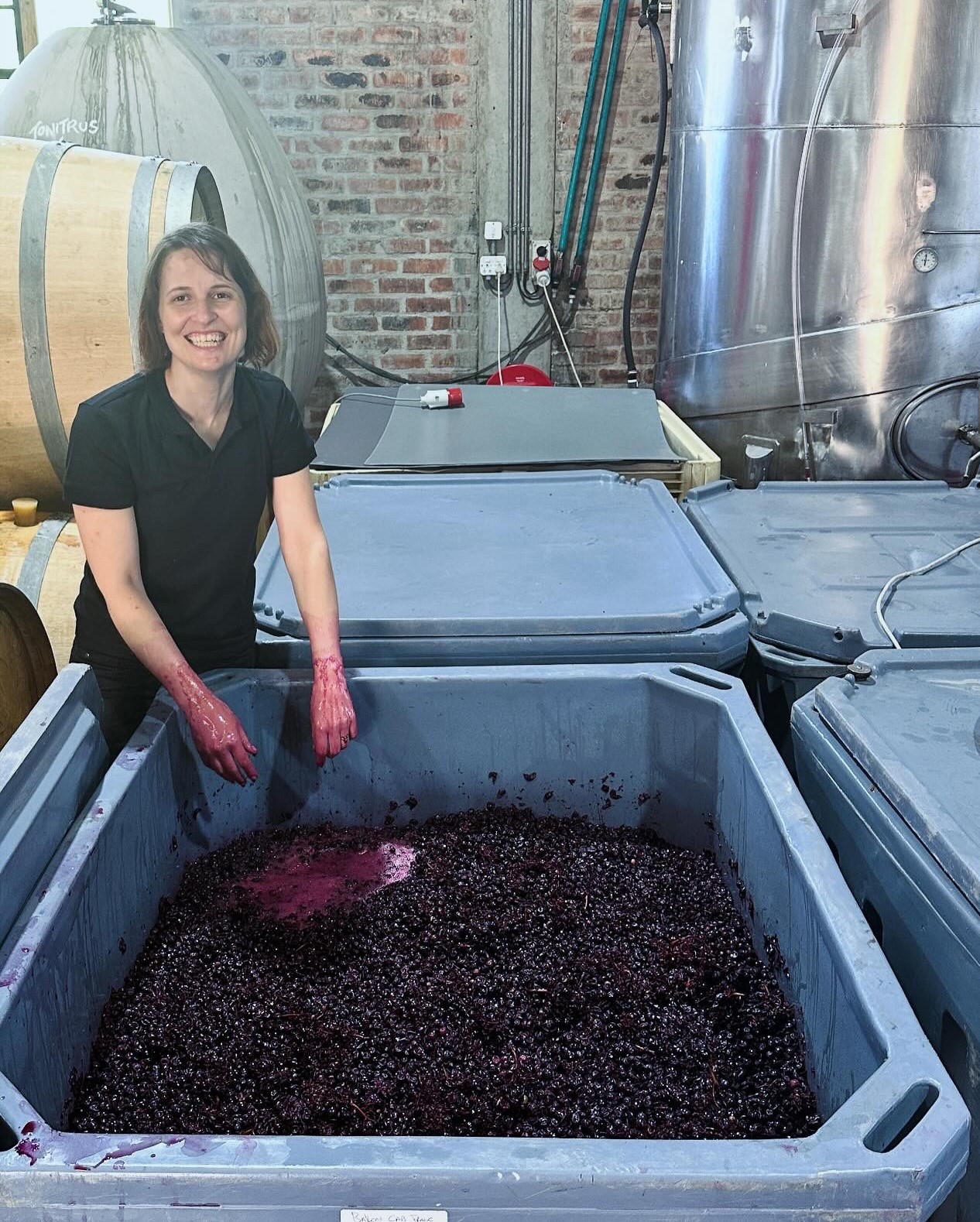
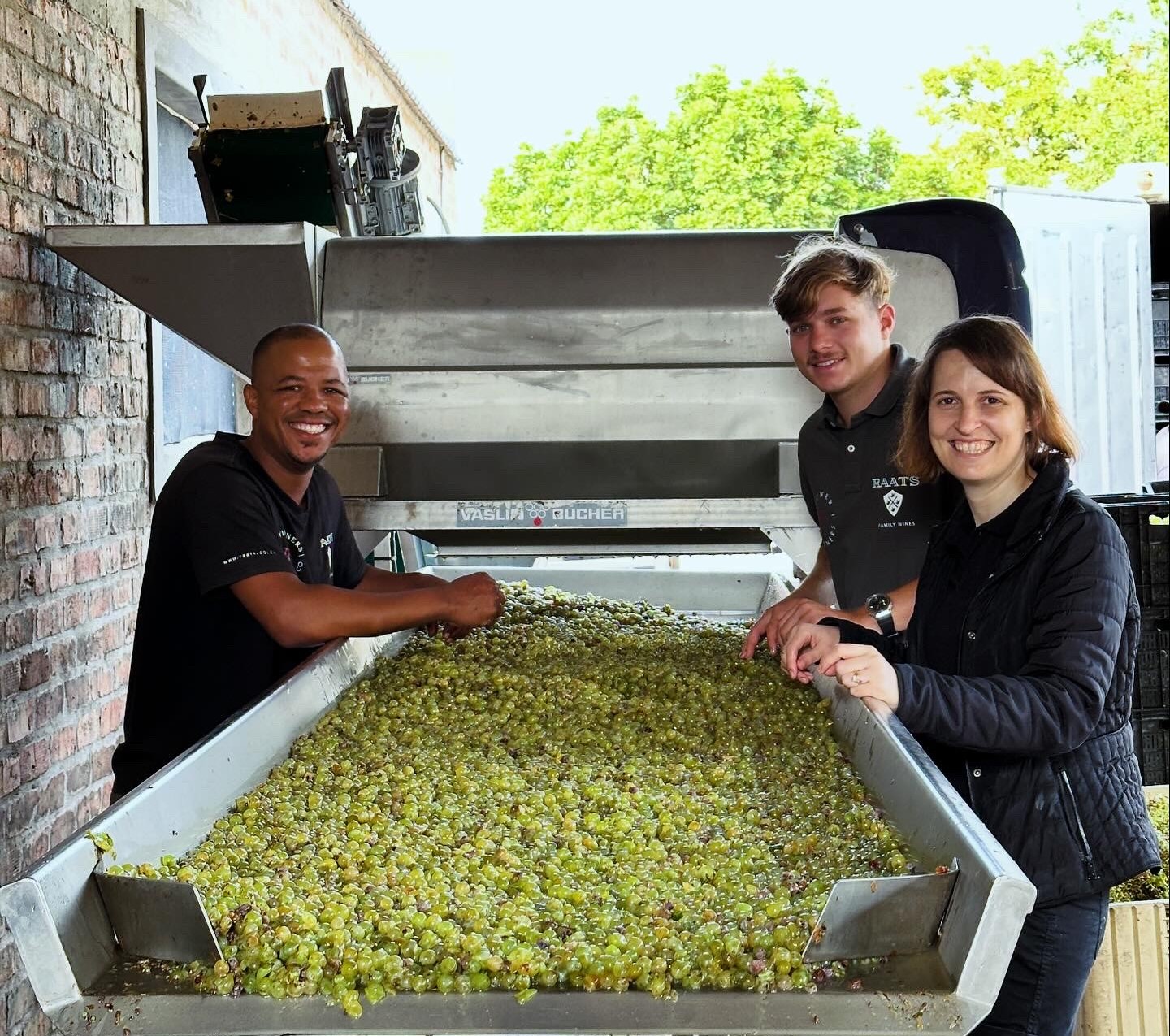
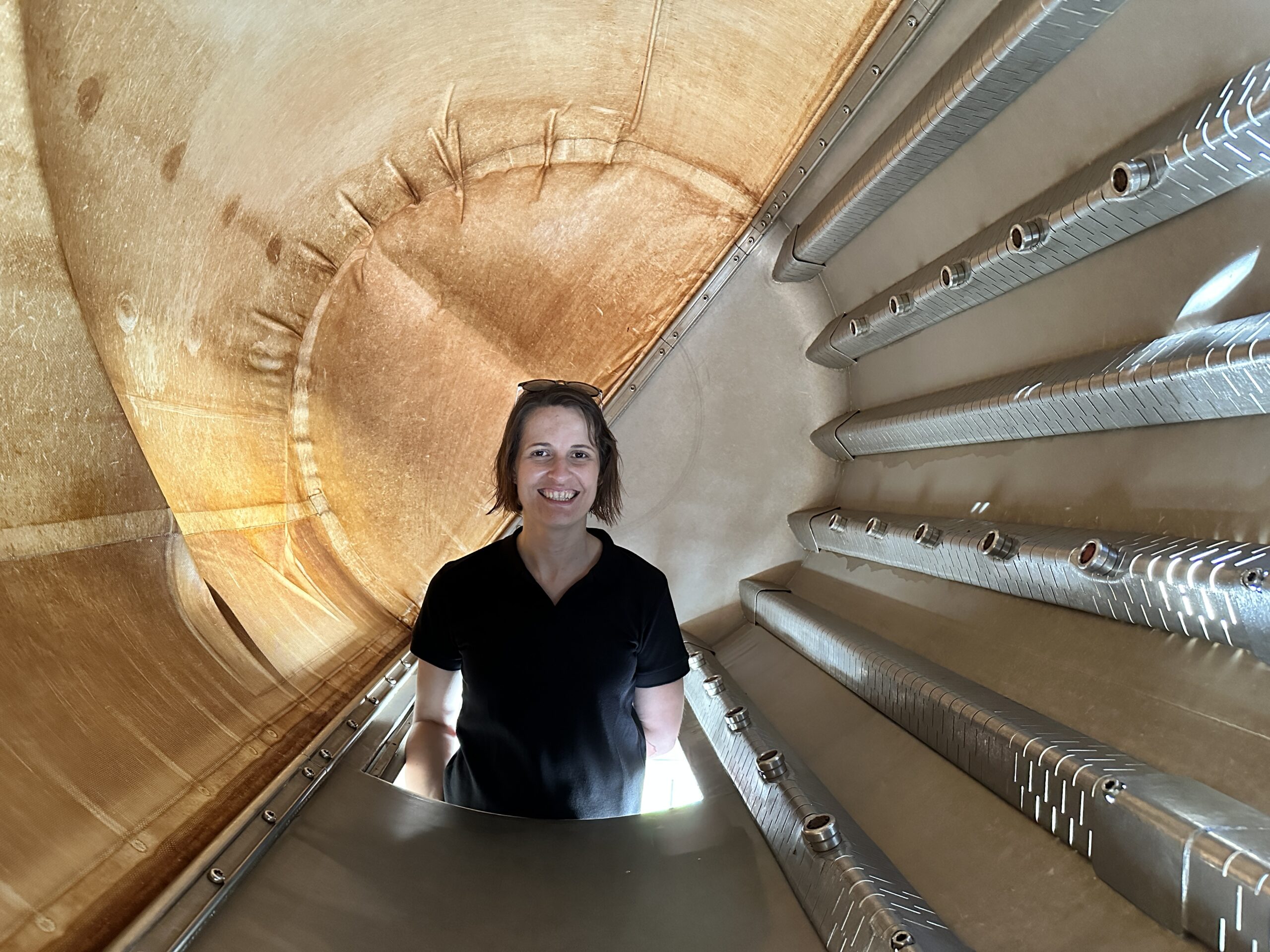
After this experience, I found myself thinking. I have always had great respect for winemakers and the job that they do, knowing what it entails, but this was an eye-opener, peeking behind the curtain. There is no doubt in my mind that you need to be a versatile person for this role. Firstly, you must clearly have a passion for what you do, as this will drive you to want to learn more, improve where possible and to stay curious. You must be patient, be able to adapt and definitely be a good problem solver as you work closely with nature which can be unpredictable and does not like to be rushed. You also work closely in a team, so good communication skills, managerial skills and time management skills are required.
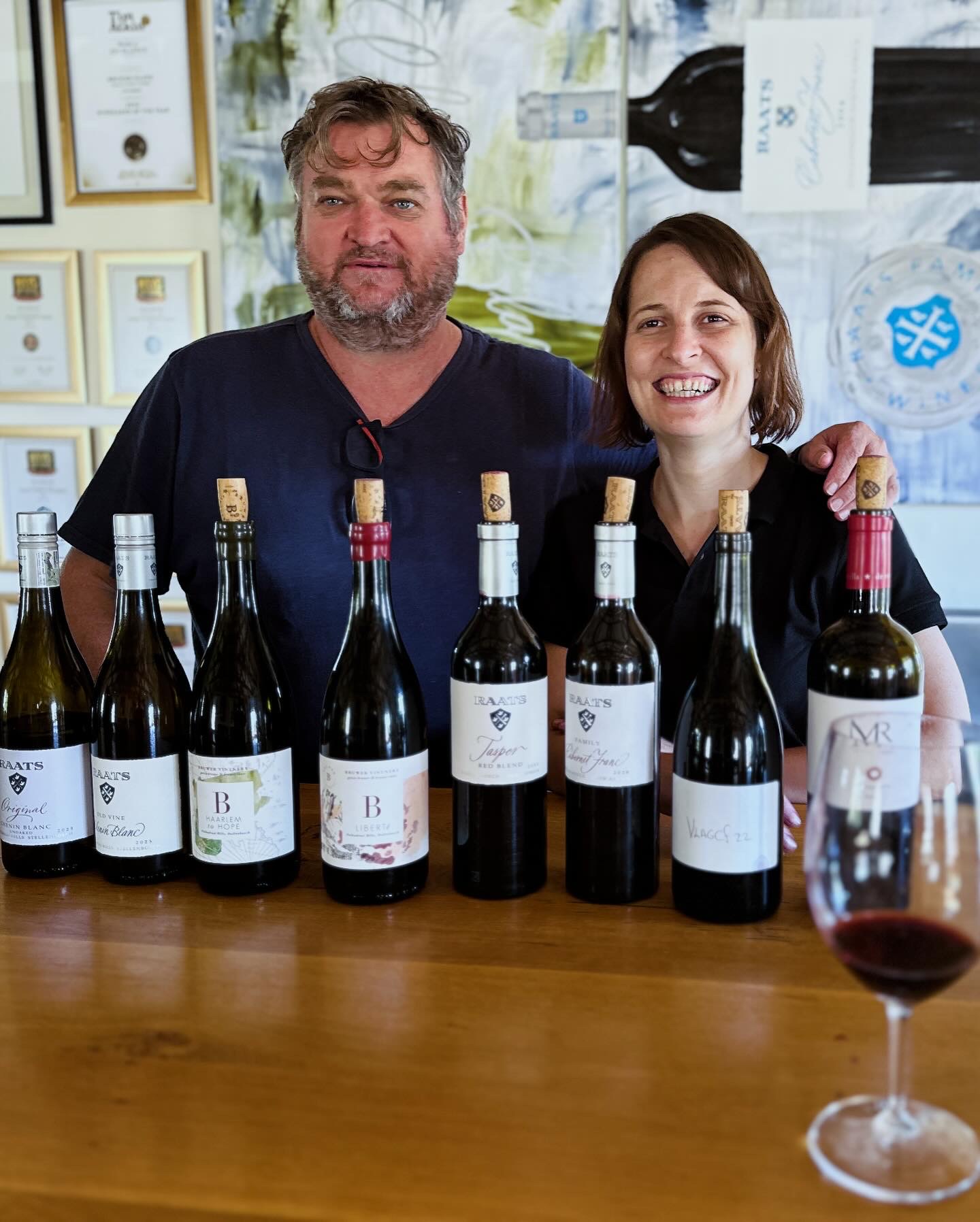
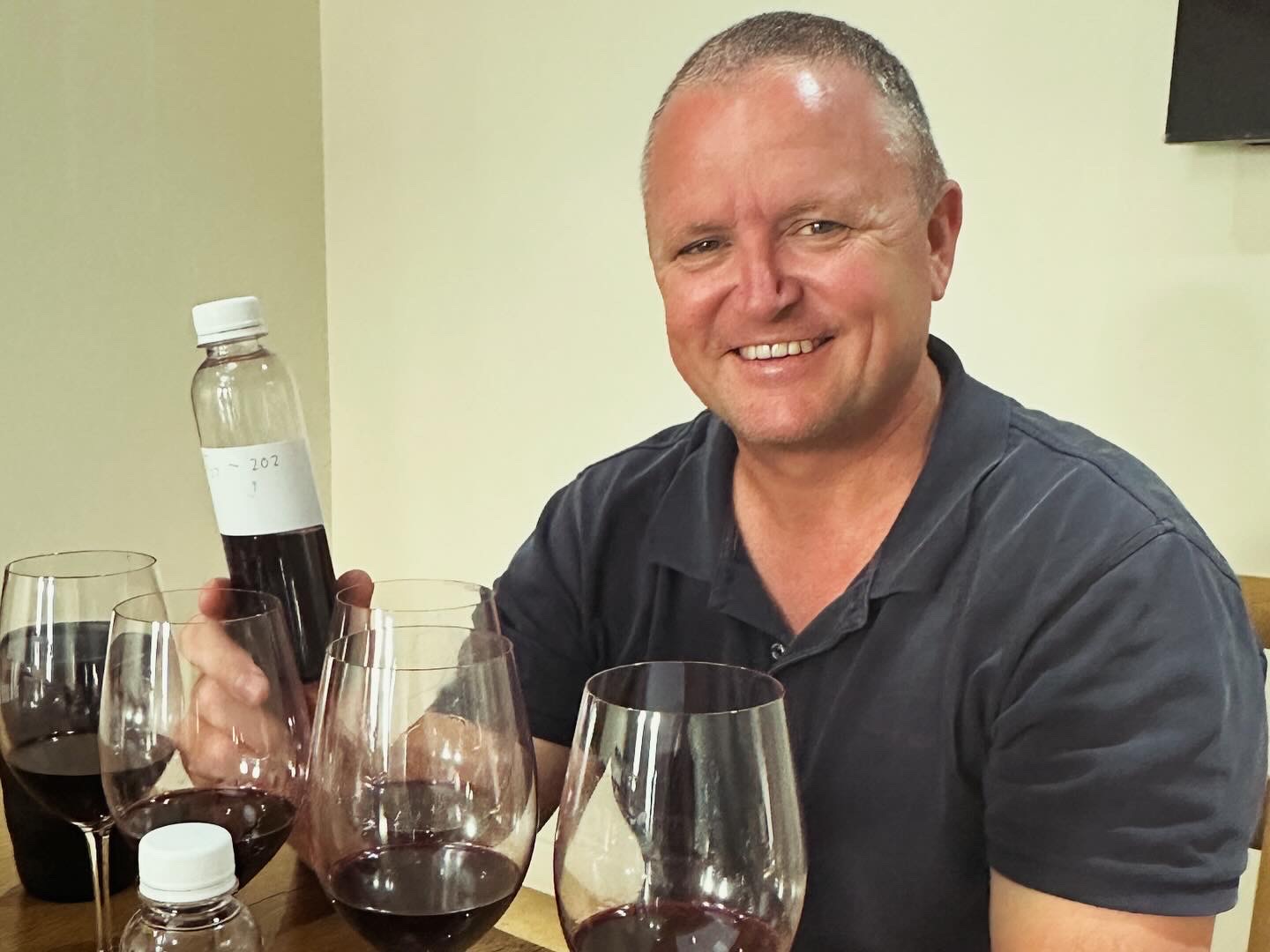
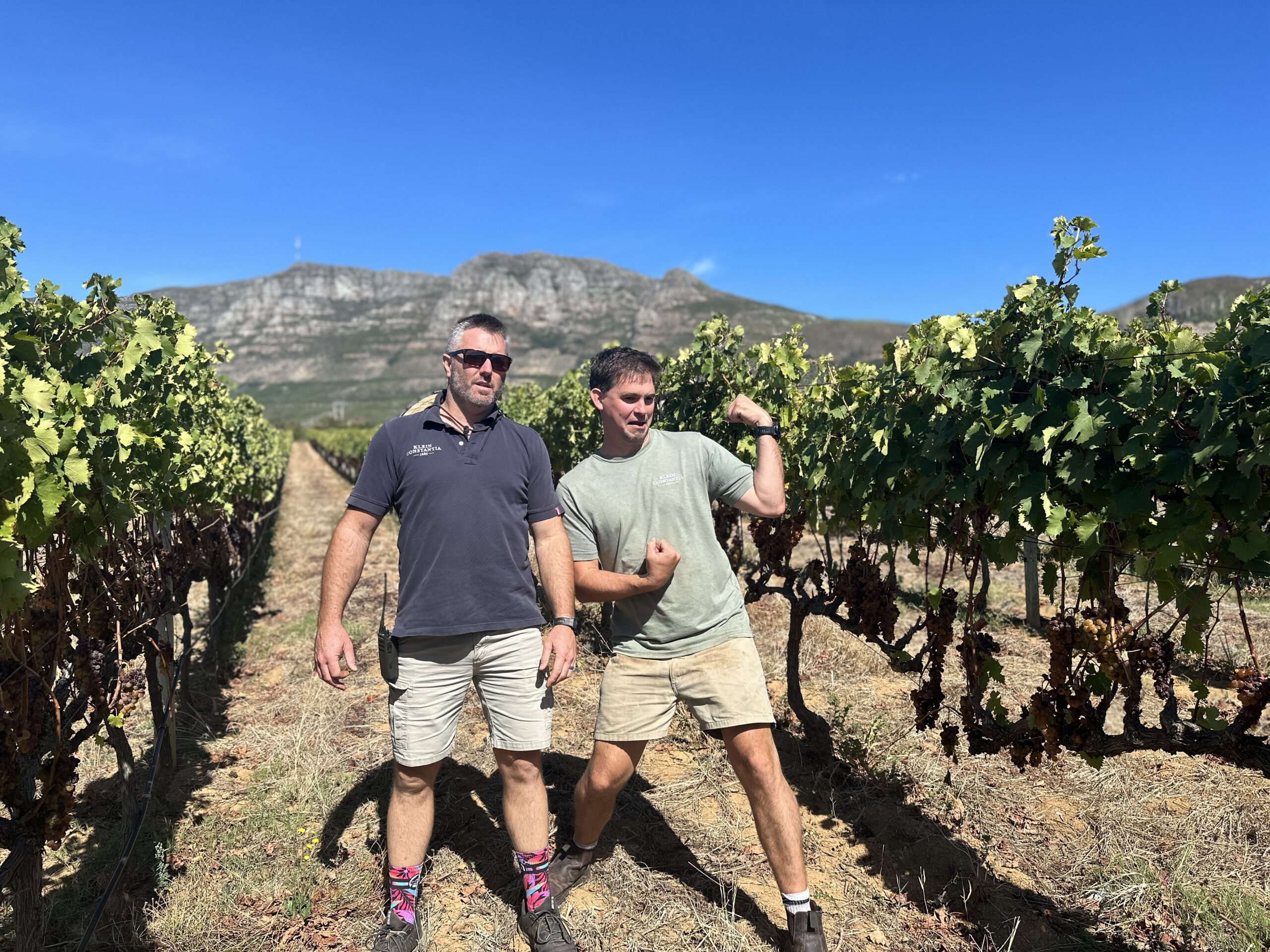
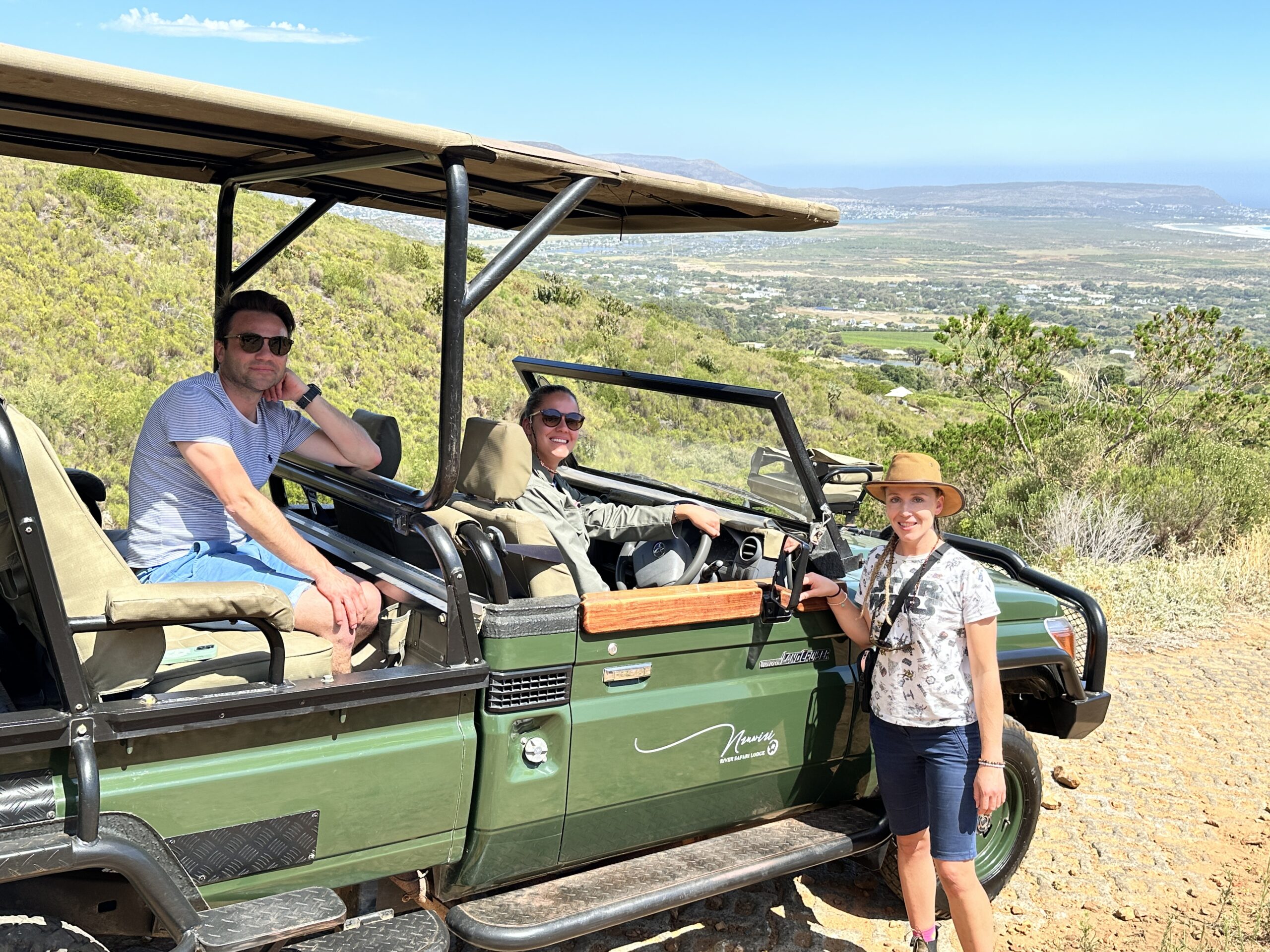
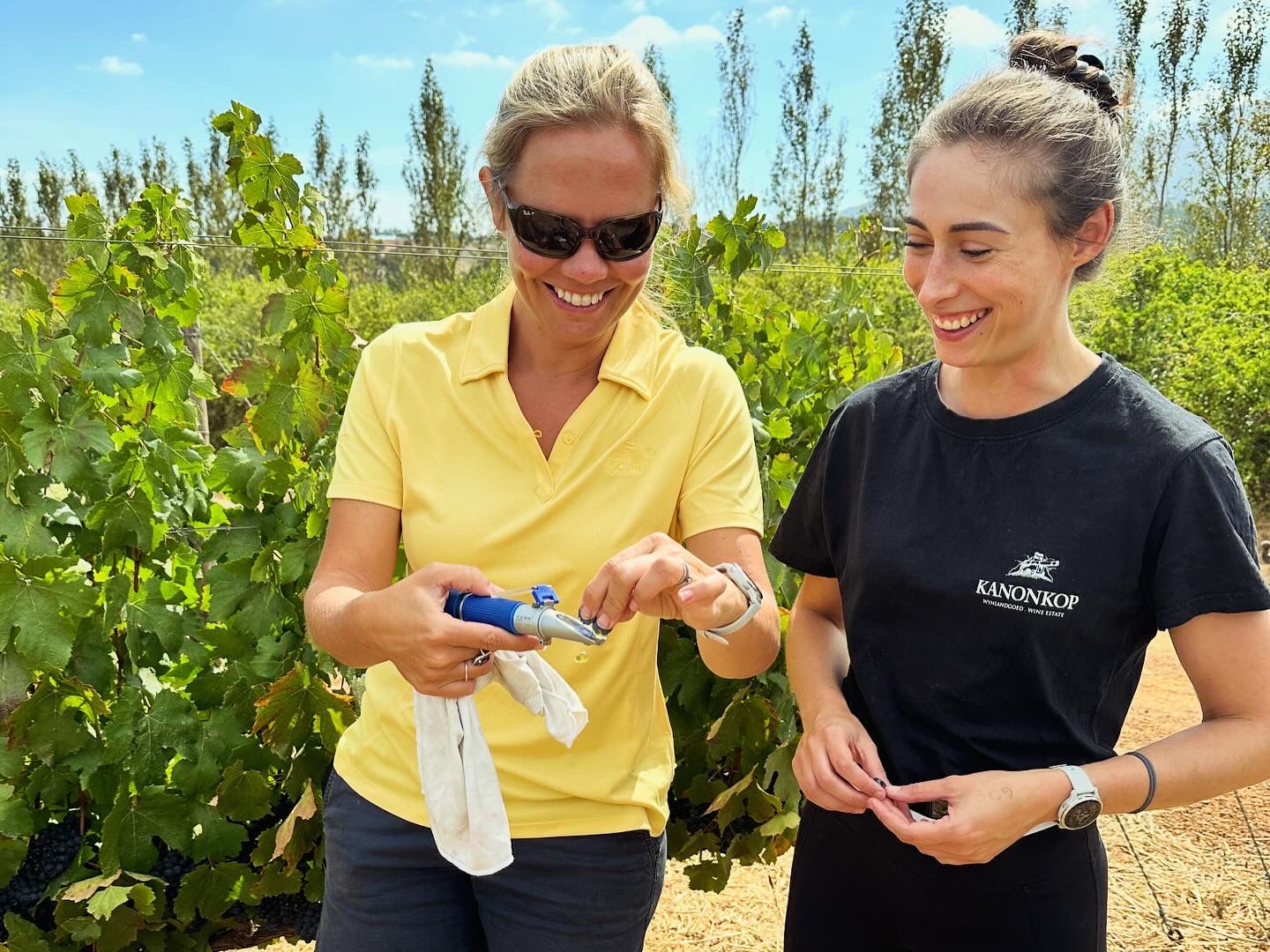
During each visit I also noticed that there is one thing that you would not be able to avoid – logistics. In every single aspect it plays a role and you really need to pay attention to the detail, stay focused and organised, to avoid a logistical nightmare. A good dose of creativity and some self-belief will also go a long way. Then as if this is not enough, knowledge is of course also required, but do not discredit the knowledge gained from experience either.
“There is no replacing experience in this industry.”
Looking back, I think about all the interns that I met during these visits who are gaining harvest experience and learning from others already in the industry (including the rest of the vineyard and cellar workers). As one intern pointed out, this is also a time where they can make their mistakes and learn from them, before they one day become Senior Winemakers themselves. During these internships, they are also exposed to all the above-mentioned skills from their mentors, which is another great learning opportunity. Truly invaluable.
So, I walked away from this experience not only having learnt more about the technical details of vineyard and cellar work, but also with a better understanding of what it takes, physically and mentally. This industry is a great learning school of life and I am proud to play my small role in it and I look forward to one day sharing these 2024 treasures with our guests in the restaurant.
- René, Restaurant Mosaic Sommelier (also, a willing participant to get hands dirty)